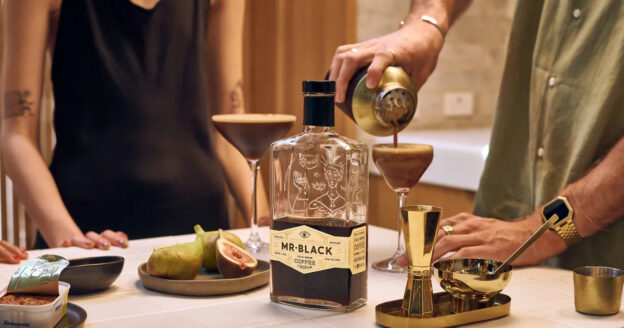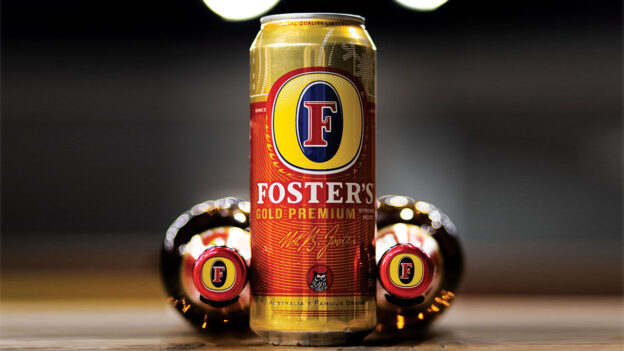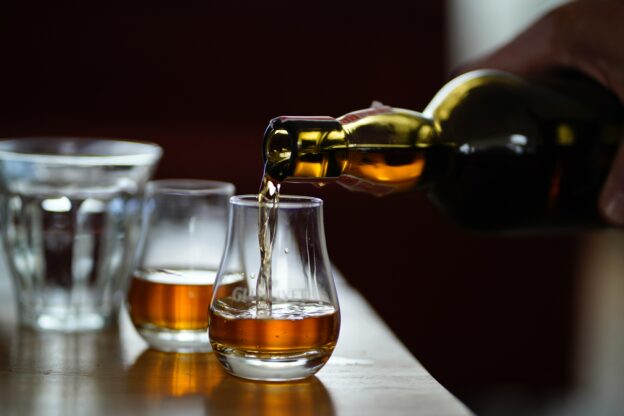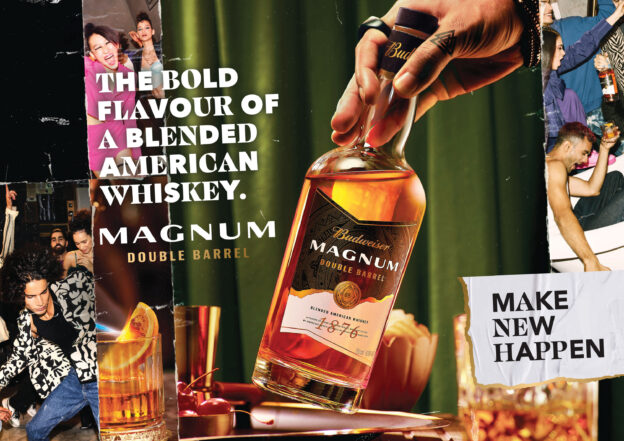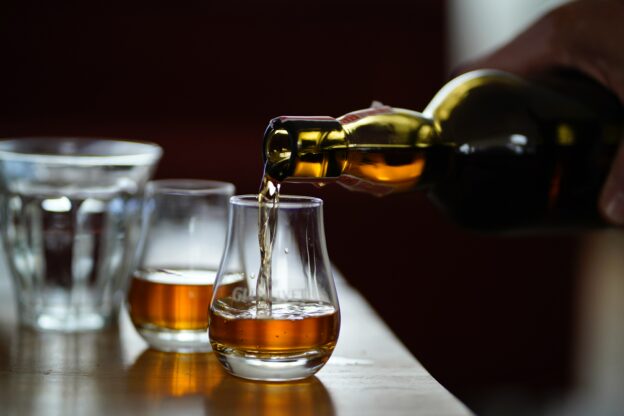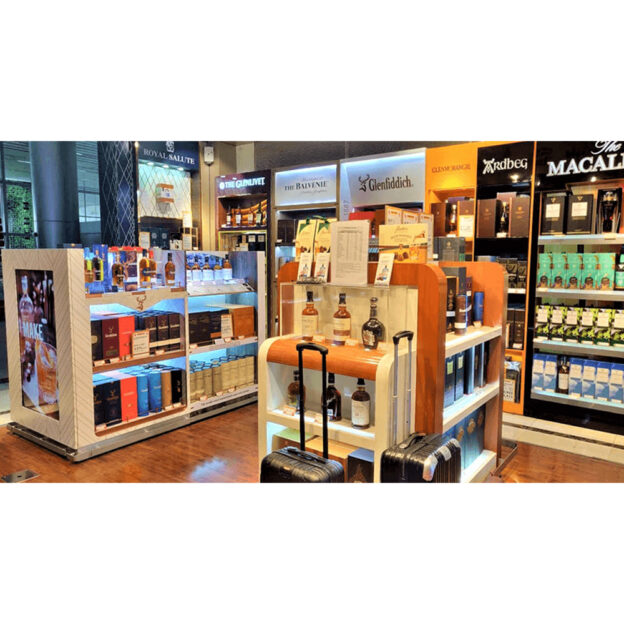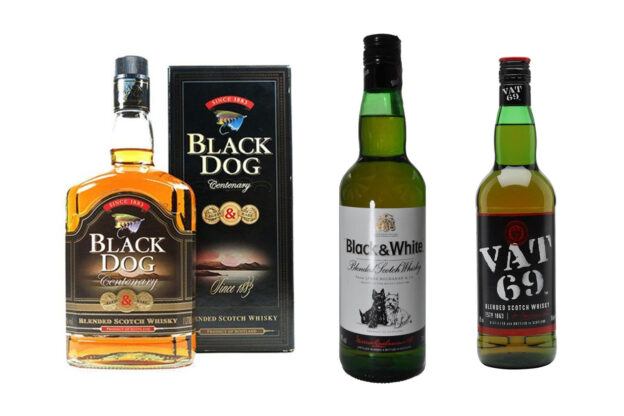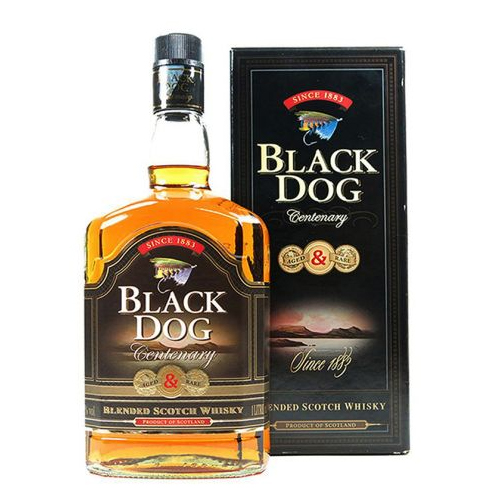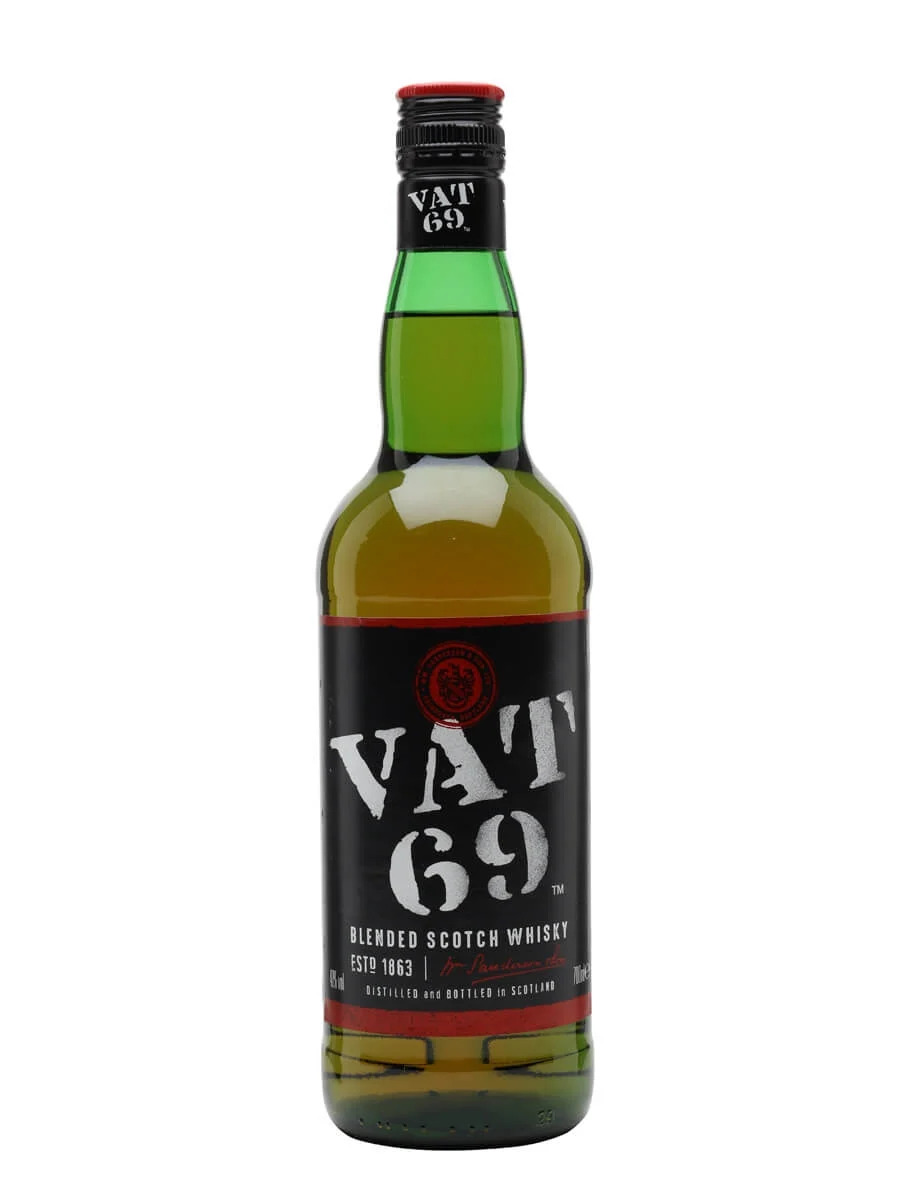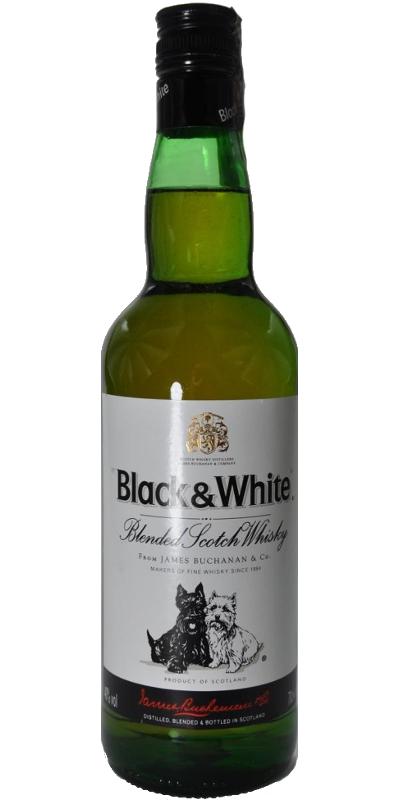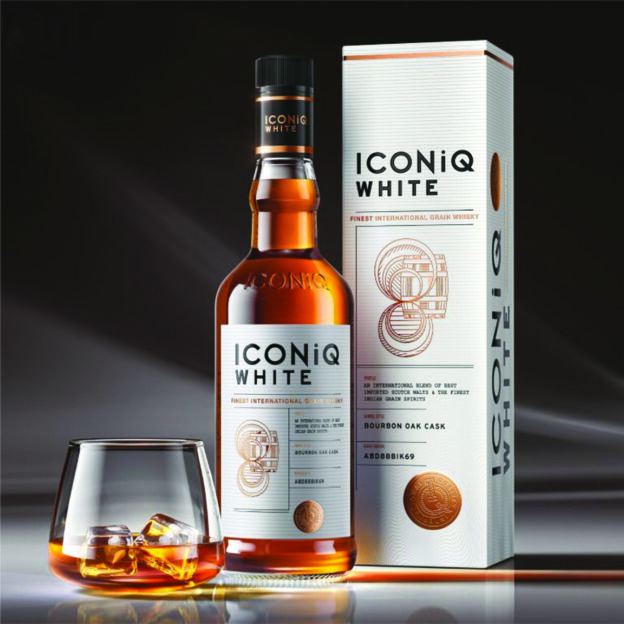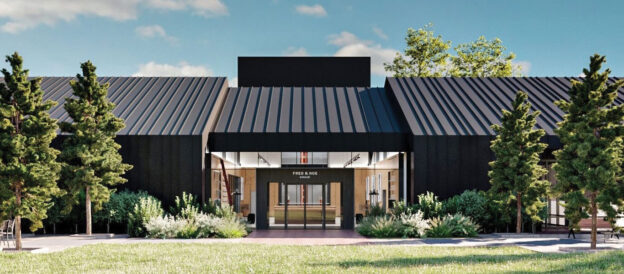In a recent visit to India, UK Ex-Prime Minister Boris Johnson decided to push for a Free Trade Agreement. The idea was to have fewer trade barriers between the two countries. In other words, an agreement that would help both countries ship products and services without excessive taxes.
For the UK Scotch whisky is the elixir perhaps because of Brexit. UK voted to leave the European Union and perhaps what went unnoticed was third of the country’s whisky exports - £1.3 billion ($1.65 billion) worth actually, went to EU countries. Post-Brexit however, that isn’t the case. The move has cost the scotch whiskey industry £5 million ($6.3 million) every week. And now they’re being forced to work with every EU country independently. They have to deal with different shipping norms, separate customs requirements and a whole host of packaging regulations.
It turns out that all these issues have prompted the UK to think differently and find newer markets. First, they targetted Australia and struck a deal — to remove a 5% tariff on scotch whisky. Elsewhere the UK managed to obtain the coveted “protected status” for its whisky by inking separate deals with Japan, Norway, Iceland and Liechtenstein. This will protect their scotch whisky from imitation, misuse, or any other forms of intellectual abuse.
And the focus shifted to India, a country that consumes more whiskey than any other country in the world. One in every two bottles of whiskey is now sold in India and the UK wants to make up for the loss in sales in the European Union by growing its market in India.
The UK allows ALL imports of Alcoholic Beverages into the country to be taxed to NIL customs duty and this is not just from India, it’s from 70+ other countries, that supply AlcoBev to the UK. Similarly, the conditions about a minimum three-year maturity, type of substrate used, the absence of additives, etc. are all equally applicable to Whiskies from all supplying countries, including the UK. So, there are no India-specific barriers that some players are seeking removal of. On the other hand, India imposes customs duty of 150% on all imports of Alcoholic Spirits, from all countries including the UK (which has the largest share of such imports), says I P Suresh Menon, Secretary General, ISWAI (International Spirits and Wine Association of India).
But the whiskey definitely dominates the Indian market, almost contributing 60% of sales to the IMFL (Indian Made Foreign Liquor) segment. But if you’re a person who enjoys a glass every now and then, you’d know there’s a difference between Indian whiskey and Scotch whisky.
Scotch whiskey is typically of Scottish origin and made from grains - primarily barley. On the other hand, IMFL is made from molasses, a by-product of sugar production and grains. It is much cheaper. So in some ways, IMFL liquor outsells its foreign counterpart in a massive way. But there’s another roadblock for foreign manufacturers - Taxes! See, taxing liquor is a wonderful source of revenue for the Indian government. For instance, five southern states namely Andhra Pradesh, Telangana, Tamil Nadu, Karnataka, and Kerala generate 10% of their revenues from taxes on liquor sales alone. And you can see why they want to impose even higher taxes on imported liquor. In fact, import duties can go as high as 150% in some cases. And that means, even though Scotch Whisky imports in the country have risen 200% in the past decade, it still only commands a tiny 2% market share in the Indian markets.
Now imagine if the tariffs were removed completely. What would that mean for the UK and Scotch Whisky industry. Well market sources contend that the market share could reach as high as 6%.
And so you can see why this makes total sense for whiskey manufacturers in the UK. But do Indians benefit in any way?
Well, for starters Scotch Whisky will likely become more affordable and more Indian whisky producers will use more Scotch in their IMFL and will premiumise their brands to an extent that the difference between Scotch and IMFL would not be much different. So it will mean that Indian consumers will get a product as good as Scotch at a favourable price. But cutting importing duties could also bump up revenues for the government. For instance, last year, the Maharashtra government slashed excise duty by 50% on imported liquor. And it now expects revenue to rise by ₹150 crores — from the sale of imported scotch annually.
And finally, with over 19 million new consumers coming of “legal drinking age” each year, India is definitely a market that liquor makers would like to tap into. Guess it will be a win-win situation for consumers. The Indian government may be tempted to go ahead with deal as the possibility of revenues rising in a sustainable manner is a good possibility.
According to Director General of the Confederation of Indian Alcoholic Beverage Companies (CIABC apex body for domestic liquor firms), Vinod Giri, this FTA also holds significant importance for India in the scope of future trade with the United Kingdom as trade competitors like Bangladesh, Sri Lanka, and Pakistan enjoy duty-free merits under the UK’s generalised scheme of preferences. Indian liquor producers are keen to enjoy newer markets for their products in the United Kingdom but are hindered by the stipulation that whiskey exported to the Brits should be Grain based and aged for three years. At the same time, liquor produced in India is not aged.
- Refined Oil (9.7% of all UK goods imported from India)
- Clothing (9.6%)
- Medical and pharmaceutical Products (5.6 %)
- Miscellaneous Metal Manufactures (5.1%)
- Textile Fabrics (5.0%)
All these products were the primary imports to India from the United Kingdom, but as the pact stands on the brink of either collapse or being executed after several reconsiderations. A recent list had brought forward 240 odd items which would face trade duty deductions once the agreement is executed. From this pool of 240 things, a few that stand out are whisky, cars, vaccines, basmati rice, wool, and tea premix. As of now, no indication has been released about the possible way out of the situation, but in the coming future, it’s possible that the pact might be passed with several reconsiderations and follow-up procedures. Currently, diplomatic negotiations of the highest level are going on between the countries.
Amid reports of the UK seeking massive tariff concessions on imports of scotch whiskey during ongoing free trade agreement (FTA) negotiations, liquor sector association Confederation of Indian Alcoholic Beverage Companies (CIABC) has written to the government strongly objecting to any plans to slash Basic Customs Duty (BCD).
A reduction in BCD, it said, will adversely affect Indian Made Foreign Liquor (IMFL) brands since imports already dominate the Indian alcoholic beverages market. CIABC has been part of several recent meetings hosted by the Ministry of Commerce with stakeholders before the trade talks with the UK.
“India exports just ₹5 crore worth of alcoholic beverages annually to the UK against an import of ₹1,300 crores. Exports to the UK constitute only 0.2% of India’s total exports of alcoholic beverages whereas imports from the UK are 24% of India’s total import of alcoholic beverages,” said Vinod Giri, DG, CIABC.
Giri further noted that “restrictive” trade policies are also hampering the growth of Indian exports. “While the export of alcoholic beverages from India stood at 7.3 million cases (9 litre each) in the year 2019-20, exports to the entire EU (including the UK) were less than 30,000 cases which consisted of Indian super premium malt whiskies,” he pointed out.
CIABC said that the United Kingdom should also remove restrictions such as a minimum three years’ maturation period for whiskey and rum, since it has been scientifically established that in warm Indian conditions, spirit ages 3-3.5 times faster than in the UK. Giri added that a BCD cut would skew the balance of trade.
A notion worth dispelling is that Scotch whiskies are costlier to produce; it is 50% more expensive to produce it in India than in Scotland.
In wake of the Indo-UK trade discussions, many ‘experts’ argue for reduction in tariff, particularly slashing custom tariffs on imported Scotch and on ‘Intermediate’ products which they say are nothing but high-strength, potable, undenatured ethyl alcohol used for bottling and blending in India.
They argue on three main grounds. One, that India has a large trade surplus in the category and can afford greater imports; two, customs duty reduction on intermediate products will encourage ‘Make in India’; and three, even if tariff is reduced the bulk of consumption will remain locally produced whiskies — so why bother.
This industry contributes nearly ₹250,000 crore in taxes and for most states it constitutes 15-30% of revenue. Customs duty is not even ₹5000 crore in comparison. Second, this industry uses agricultural products as primary raw material and nearly 50 lakh farmers depend on it. It provides employment to 20 lakh people. Any disruption will have widespread ramifications for the government, farmers and labour market.
The problem with the first argument is that it hides the true balance of trade on alcoholic beverages using a wider head of ‘Food and Drinks’. If one separates alcoholic beverages/products for human consumption from the wider clubbing of ‘Food and Drinks’, a very different picture emerges.
As per DGFT data for 2018-19, India exports only ₹5 crore worth of alcoholic products/beverages to the UK, against import of ₹1300 crore. Clubbing alcohol under a much bigger ‘Food & Drink’ category to claim favourable balance of trade is highly misleading.
The second argument is also a misconception. Scotch Whisky goes through two major stages of productions — distillation and bottling. The ‘Intermediate’ Scotch whisky is actually the output of the first stage, it has been produced and matured in Scotland. What happens in India is only bottling. Therefore, while incentivising intermediate products through reduced or zero duty will lead to an increase of usage of bottling plants in India, which will be a big loss for Indian farmers and manufacturers.
The third argument misses out on three vital points. One, in product categories with multiple price segments like whisky, consumers seamlessly shift to the next category up or down depending on affordability.
So, when a Scotch whisky is sold at a lower price it takes away consumers from products in the price segment, starting a domino effect that makes the domestic industry the net loser. Two, introduction of Scotch whisky at lower price attacks the profit driving end of portfolio of Indian companies, thus jeopardising their viability. Third, Indian premium whiskies like Amrut, Paul John or Rampur are now regarded amongst the best in the world but are unable to make the same headway in the domestic market due to an unsupportive regime and reducing customs duty further just will not help.
Another notion worth dispelling is that Scotch whiskies are costlier to produce. Rather, it costs at least 50% more to produce a whisky of similar quality in India than in Scotland. This is primarily on account of a higher cost of capital and higher taxes in India, interstate restrictions and higher evaporation losses.
Also, many states offer concessionary taxes on imported products, but reduction in customs tariffs cannot be done without removing compensatory state-based concessions as otherwise it will create a hugely discriminatory tax regime against Indian products.
If we talk about reciprocal duty concessions, the problem is that barriers put up by the UK are not tariff based but non-tariff ones. India, being a sugar producing country, has evolved whisky recipes based on spirit distilled from molasses. The UK does not accept this as it is not “recipe standards”. The result of these non-tariff barriers is that of the 70 lakh cases of whisky exported from India every year, the whole of the EU including the UK accounts for less than 30,000!
Indian industry is not against reducing customs duty on alcohol, but it should be in a phased manner and up to a point where it creates a level playing field.
Accordingly, it has put forward its recommendation to reduce import taxes, aggregate of customs duty and AIDC, from 150% to 100% now and to 75% in five years’ time. It has also recommended a threshold import price for taxation at $5 per bottle, and reciprocal concessions from the UK allowing whiskies from India to be allowed in the UK market as ‘Indian Whisky’ without minimum maturity conditions.

